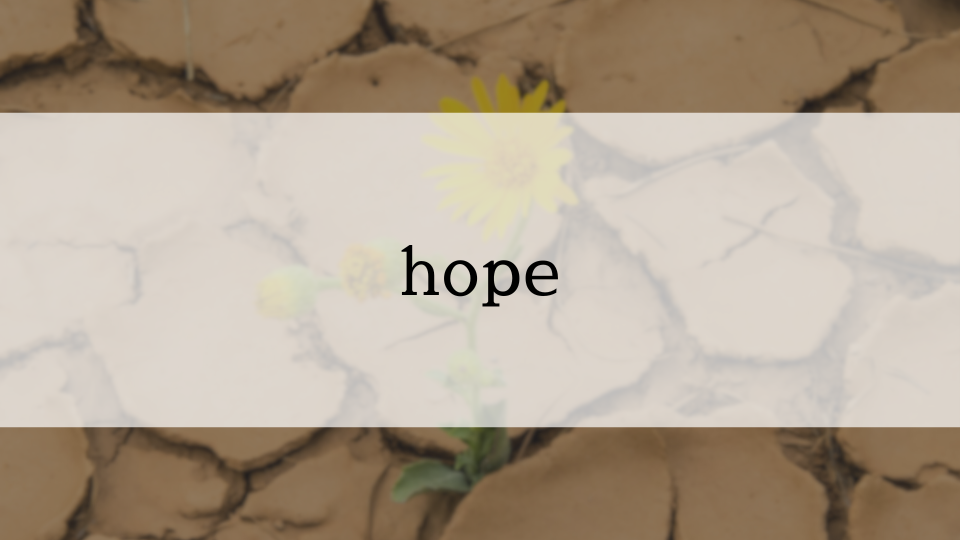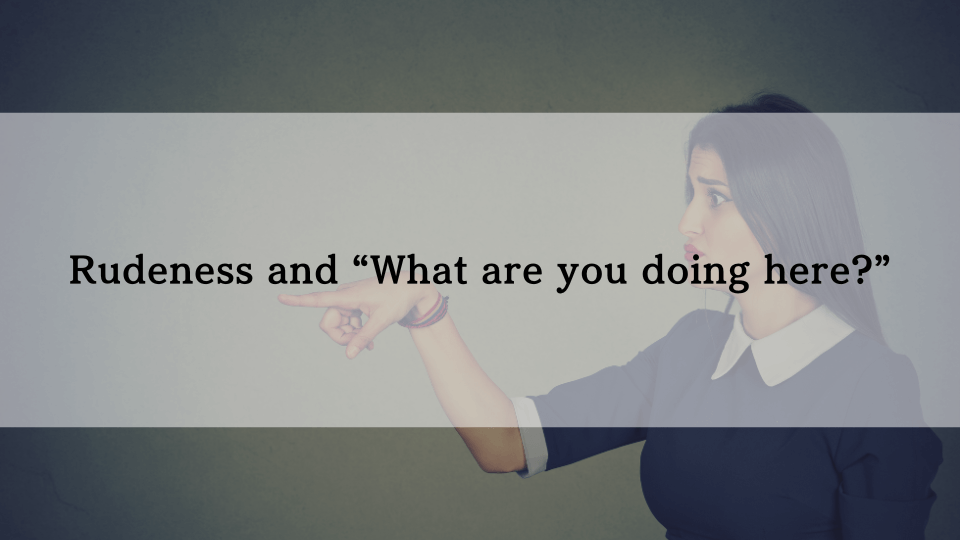【ロビン先生】
海水浴は、日本や世界中で人気のある夏のアクティビティです。
英語では「海水浴」を「ocean swimming」とは言わず、単に「swimming」と言うのが自然です。
「海水浴」のように海で泳ぐことを特定する単語は英語にはありません。
もちろん、泳ぎに行くことを提案する時には泳ぐ場所を指定する必要があります。
その際は、「let’s go swim at the beach!(ビーチに泳ぎに行こう!)」と言うことができます。
このブログでは、海水浴について話すための実用的な英語フレーズをご紹介し、私の個人的な体験も共有します。
この夏、これらのフレーズを覚えて、自信を持って外国人の友達とビーチに行きましょう!
実践的な英語ならケンジントン英会話
ケンジントン英会話では、教科書には載っていない、生きた表現を身に付けることができます。
福岡市内の教室やオンラインで、経験豊富でフレンドリーな講師と一緒に英語を学びませんか?
実践的な英語を学びたい方はケンジントン英会話の公式サイトをチェック!
夏に使える「swim」を使ったフレーズ
Let’s go swimming at the beach!
(ビーチに泳ぎに行こう!)
これは誰でも理解しやすいフレーズですね。
ビーチが嫌いな人なんていませんよね?
友達をビーチでの泳ぎにカジュアルに誘う方法です。
The water is so refreshing!
(海めっちゃ気持ちいい!)
これは海に入った後に使えるフレーズです。
これで友達はあなたが楽しんでいることが分かるでしょう。
このフレーズは暑い夏の日にぴったりです。
Should we get something to drink at the beach hut?
(海の家でなんか飲み物いかがですか?)
日本の夏は水分補給が非常に重要です。
幸運にも、多くのビーチには食べ物や飲み物を提供する海の家がありますので、自分で持ってこなくても安心です!
I can’t swim.
(私は泳げません)
これは泳げない場合に重要なフレーズです。
事故を避けるために、友達に泳げるかどうかを事前に伝えることが重要です。
もちろん「but I’d still like to go to the beach! (でもビーチには行きたい!)」と付け加えることもできます。
糸島は福岡からの逃避先に最適
私は糸島周辺のビーチで暑い夏の日を過ごすのが大好きです。
私が住んでいる場所から車で約30分の距離で、その透き通った青い海が素晴らしいです!
芥屋海水浴場のようなビーチには海の家もあります。
ある夏、ゴールデンウィークに既に非常に暑かったので、糸島で泳いだことを覚えています。
水に飛び込むのはまさに私にとって必要なリフレッシュでした。
福岡の東側に住んでいる人には福津エリアもオススメです。
私はその地域で泳いだことはありませんが、そこの海も非常に綺麗で澄んでいます。
まとめ
この夏、特に友達とビーチに行く日にはこれらのフレーズを覚えておいてください!
海で泳ぐのはリラックスでき、体も冷やすことができる素晴らしい方法です。
しかも良い運動にもなりますね!
日本では海水浴は特定の活動ですが、英語では単に「swimming」と言い、そこに場所を付け加えるのが自然です。
もしかしたら糸島でお会いするかもしれませんね!
実践的な英語ならケンジントン英会話
ケンジントン英会話では、教科書には載っていない、生きた表現を身に付けることができます。
福岡市内の教室やオンラインで、経験豊富でフレンドリーな講師と一緒に英語を学びませんか?
実践的な英語を学びたい方はケンジントン英会話の公式サイトをチェック!
[英語原文]
Let’s Go Swimming!
Ocean swimming, or kaisuiyoku in Japanese, is a popular summer activity in Japan and around the world. In English, rather than using “ocean swimming” to refer to kaisuiyoku, it’s more natural to simply say “swimming.” We don’t have a single word like kaisuiyoku, to refer to swimming in the ocean. Of course, you’ll still need to specify where you’ll be swimming when making this suggestion. To do this, you can say something like “let’s go swim at the beach!”
This blog post will provide practical English phrases for discussing kaisuiyoku and I’ll share some personal experiences so you can better understand this summertime activity. So keep these things in mind this summer so you can hit the beach with your foreign friends in confidence!
Useful Summertime Swim Phrases
“Let’s go swimming at the beach!” (ビーチで泳ぎに行きましょう!) This one is a no-brainer, I mean, who doesn’t like the beach? This is a casual way of inviting friends for a swim at the beach.
“The water is so refreshing!” (海めっちゃ気持ちいい!) This is a great one for after you’re in the water. This way you can let your friends know you’re enjoying yourself and the swim. This phrase is perfect for those hot summer days.
“Should we get something to drink at the beach hut?” (海の家でなんか飲み物いかがですか?) Remember that staying hydrated is super important in the summertime here in Japan. Luckily, many beaches have beach huts that offer food and drinks so even if you don’t bring your own, you’re in luck!
“I can’t swim.” (私は泳げません) This is another important one if you cannot swim. Its important to let your friends know beforehand if you can swim or not to avoid an accident. Of course, you might want to add “but I’d still like to go to the beach!”
Itoshima is the Perfect Beach Getaway from Fukuoka
I love spending hot summer days at the beach in and around Itoshima. It’s only about a half hour drive from where I live and yet, the baby-blue water is amazing! Some of the beaches like Keya Beach also have beach huts for you to enjoy. I remember swimming in Itoshima as early as Golden Week one summer as it was already incredibly hot and jumping in the water was exactly the refreshing break I needed. The Fukutsu area is another great option for those of you who live towards the east side of Fukuoka. Though I’ve never been for a swim over there, I know the water is very pretty and clean there as well!
Keep these phrases in mind this summer, especially on beach days with your friends! Swimming is a great way to cool off and relax. Not to mention, its good exercise! While in Japan, kaisuiyoku is it’s own, specific activity, in English it’s more natural to simply suggest “swimming” and specify where later. Maybe I’ll see you in Itoshima!
~*~*~*~ \ Follow me / ~*~*~*~
Instagram : @kensington_eikaiwa
Twitter : @Kensington_Eng
Facebook : @kensingtoneikaiwa
YouTube : KENSINGTON英会話
~*~*~*~*~*~*~*~*~*~*~*~*~*
◆お問い合わせはこちら
ケンジントン英会話:お問い合わせフォーム






































































